SEO that goes beyond Google.
Search has changed. So has our approach. We optimise your brand for visibility across Google, Bing, and AI tools like ChatGPT, Claude and Perplexity — because discovery doesn’t just happen in a search box anymore. We build high-authority backlinks, create smart content, and structure your site for humans and machines. No fluff, no “publish and pray” — just rankings that drive revenue.
Marketing and sales leaders at SMB, mid-market and enterprise companies trust Content Chemistry

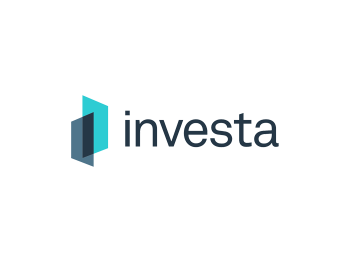
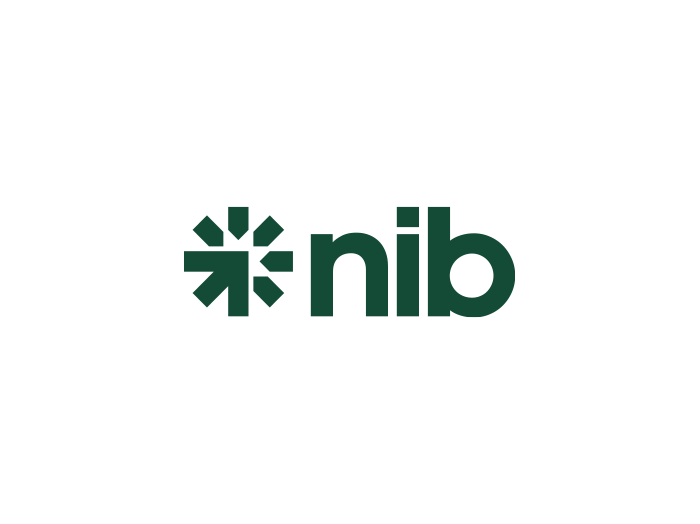




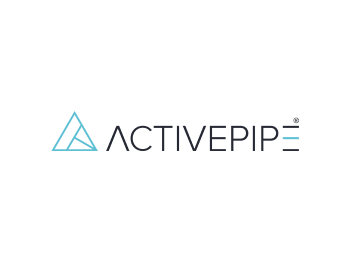


-1.png?width=700&height=524&name=cc-artofmentoring%20(1)-1.png)



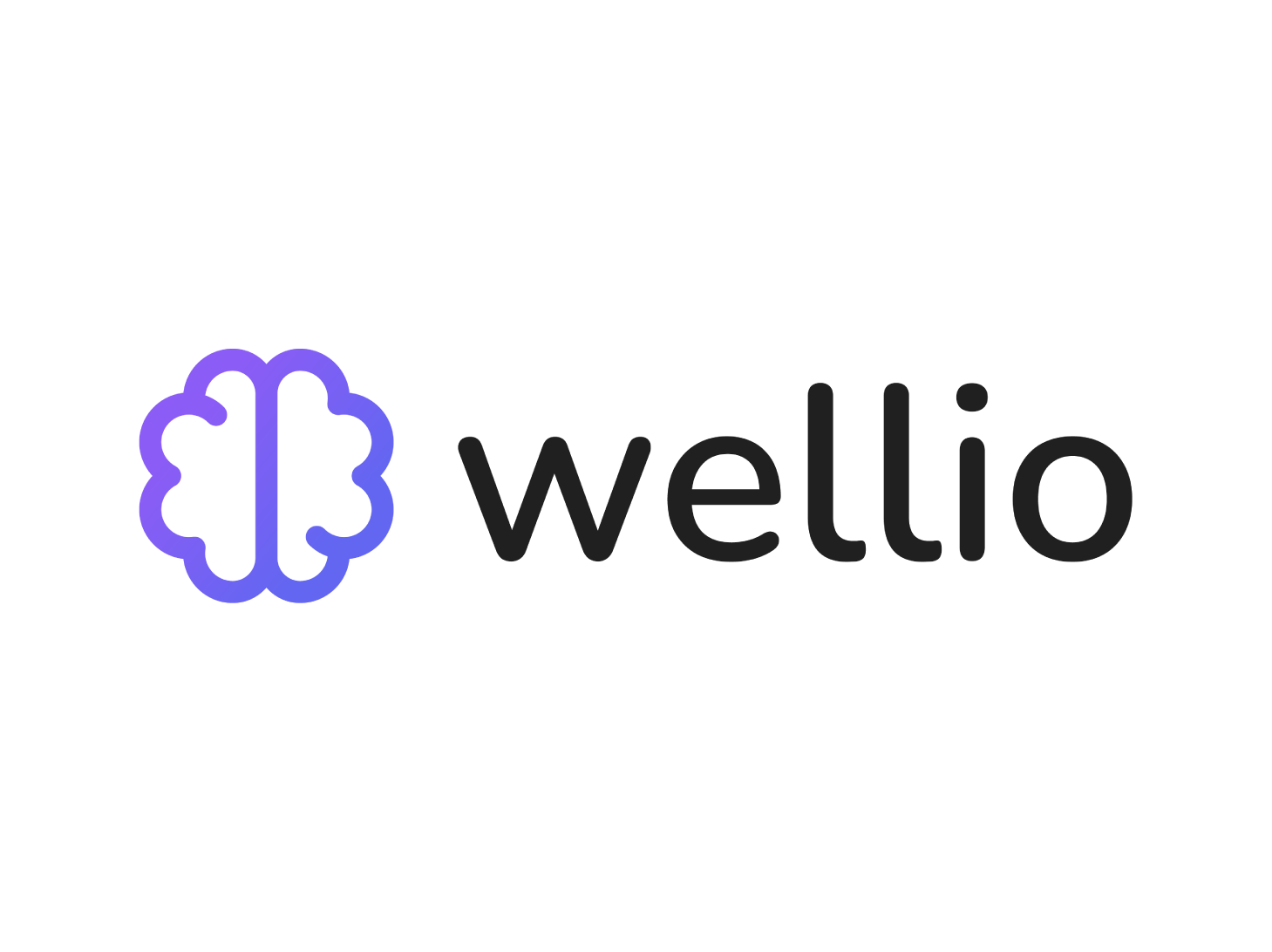



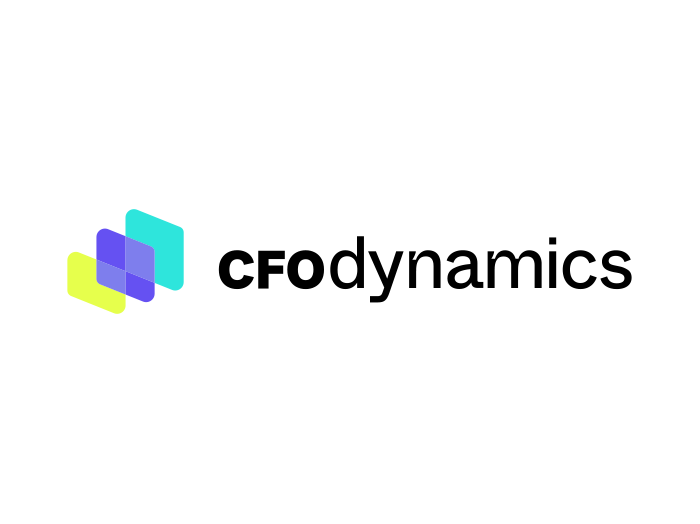
-1.png?width=700&height=524&name=cc-applydirect%20(1)-1.png)
-1.png?width=700&height=524&name=cc-ptblink%20(1)-1.png)

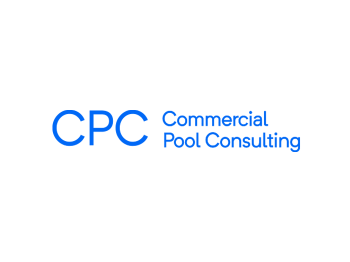




Problems we solve
Ranking, but not converting.
You’re on Google page one — but not for the keywords that matter. Or worse, they’re not driving leads.
SEO done in-house — poorly.
You’ve been writing blogs, tweaking metadata, and hoping for the best — with nothing to show for it.
Low Domain Rating (DR).
Your competitors are outranking you because their site has real authority. Yours doesn’t — yet.
Not showing in AI tools.
AI tools are recommending your competitors — not you. You’re invisible where the next generation of buyers are searching.
Marketing and sales leaders trust us
GTM leaders at SMB, mid-market and enterprise companies trust Content Chemistry to get results.

20%
Increase in revenue
95%
Decrease in cost-per-lead (CPL)

499%
ROI from paid ads
94%
Decrease in cost-per-lead (CPL)
272%
Increase in MRR in 6 months
2x
Increase in leads in 6 months
24x
Increase in organic search traffic
125x
Increase in organic keywords
67%
Increase in organic search traffic
9.9%
Increase in website conversion rate
What our clients say
Award-winning and accredited
We’re an award-winning and accredited HubSpot Platinum Solution Partner, Google Partner and Microsoft Partner, with 5-star HubSpot and Google reviews.
We build authority and rankings
- We earn high-quality DR30+ backlinks to build your domain authority — the #1 ranking factor that matters.
- We focus on keyword intent, internal linking, and topic clusters to drive traffic that converts.
- We don’t just “do SEO.” We make sure every page has a purpose and every link pulls its weight.
- SEO is a long game — but we move fast and prioritise what drives ROI.

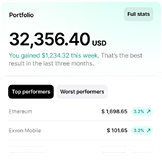
We optimise for traditional + AI search.
- We structure content for traditional search engines and LLMs like ChatGPT, Gemini and Claude.
- That means using clear semantic language, citations, and formatting AI can parse — and people trust.
- We get your brand found in AI search responses, not just Google.
- We future-proof your content and stay ahead of every update — algorithmic or algorithmic-adjacent.


We track impact, not just rankings
- We measure organic traffic, leads, pipeline and revenue — not just vanity keywords.
- Every blog, backlink, and optimisation is tied to outcomes tracked in HubSpot (or your platform of choice).
- We show you where visibility is growing and what it’s worth in dollars, not just clicks.
- SEO without ROI is just busywork — and we don’t do busywork.


Frequently Asked Questions
We don’t just chase keywords — we build authority, backlinks, and visibility across traditional and AI search platforms. It’s SEO with revenue in mind.
Yes. It's literally in our name. We create SEO-optimised content that drives both rankings and conversions.
We optimise your content for LLMs by using structured formatting, citations, semantic context, and site authority — all of which increase the chances of AI surfacing your content.
Typically 6 months to see traction. We prioritise quick wins while building for long-term growth. SEO is a marathon not a sprint.
%20Dec%202023/DSC02757-1.jpg?width=2000&name=DSC02757-1.jpg)
%20Dec%202023/DSC02739.jpg?width=2000&name=DSC02739.jpg)



.jpeg)












.png?width=145&height=144&name=platinum-badge-color%20(1).png)


